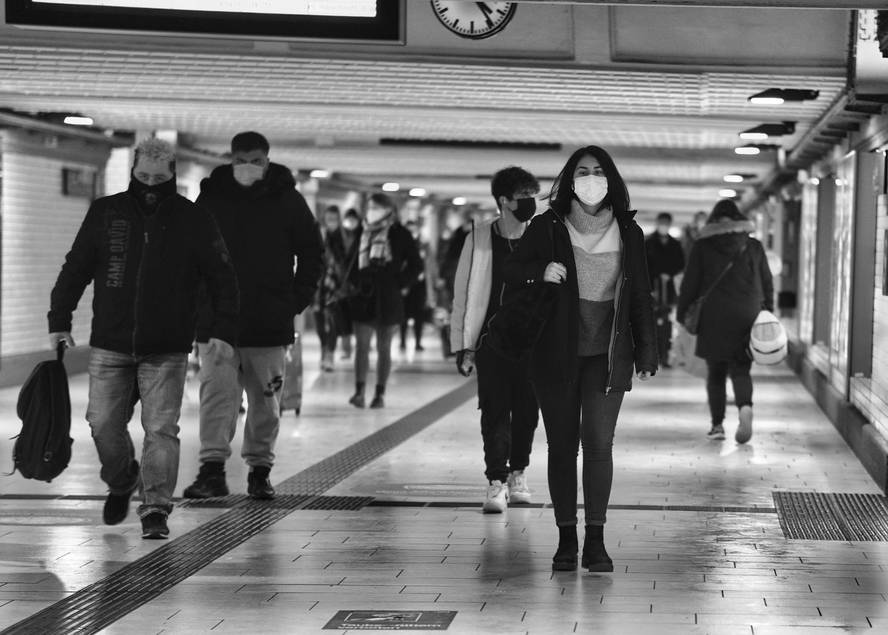
Control of the passenger network in China is ineffective, according to López Goñi

In recent days, concern over the expansion of COVID-19 in China is evident, among other things, by the impact it may have on other countries. That is why some countries, including Spain, have decided to put special measures on Chinese passengers. According to the professor of microbiology at the University of Navarra, Ignacio López Goñi, these measures do not make much sense. This is explained in his blog, the last day of 2022, in the article entitled: "Why isn't it very reasonable to control passenger entry into China?"
Goñi says that behind the Chinese wave there may be various reasons for urgency. First, the zero-moon strategy makes SARS-CoV-2 new to most of the population. On the other hand, the percentage of older people who have taken the booster dose is relatively low (40% of those over 80 years of age, in Spain 73% already have the second booster dose).
In addition, remember that China's vaccines are made from inactivated viruses and their effectiveness is much lower than that of RNA vaccines (50-79% and 94% respectively). Likewise, Omicron is more able to escape than previous variants. And finally, very few people have hybrid immunity, that is, in addition to the vaccine, the infection is due to overcoming. Together they give the strongest immunity.
Now, at a stroke, zero covid-19 measures have been suspended in China, so the healthcare system has been overwhelmed. In addition, the more the virus spreads, the higher the risk of dangerous variants. And that is the biggest concern, López Goñi warned.
However, he immediately explains that, at the moment, it does not appear that very different variants have emerged in China from those in the world. It therefore makes no sense to put special measures on passengers. Another thing is that, as there are no borders in the European Union, it is pointless for a country to take unilateral decisions. Remember that vaccination passports do not prevent transmission, as vaccinees are also able to transmit the virus; and the tests do not work very well (antigens can give false negatives, while one that no longer infects can give positive in PCR).
It has also given a number of reasons, and has concluded that strengthening prevention in Spain by four means is more effective than imposing measures on third parties. Promotion of pest, vaccination and booster doses. Second, epidemiological surveillance to detect new variants. Higa, consolidation of the health system. And, give in, continue researching, developing and adapting new vaccines.




